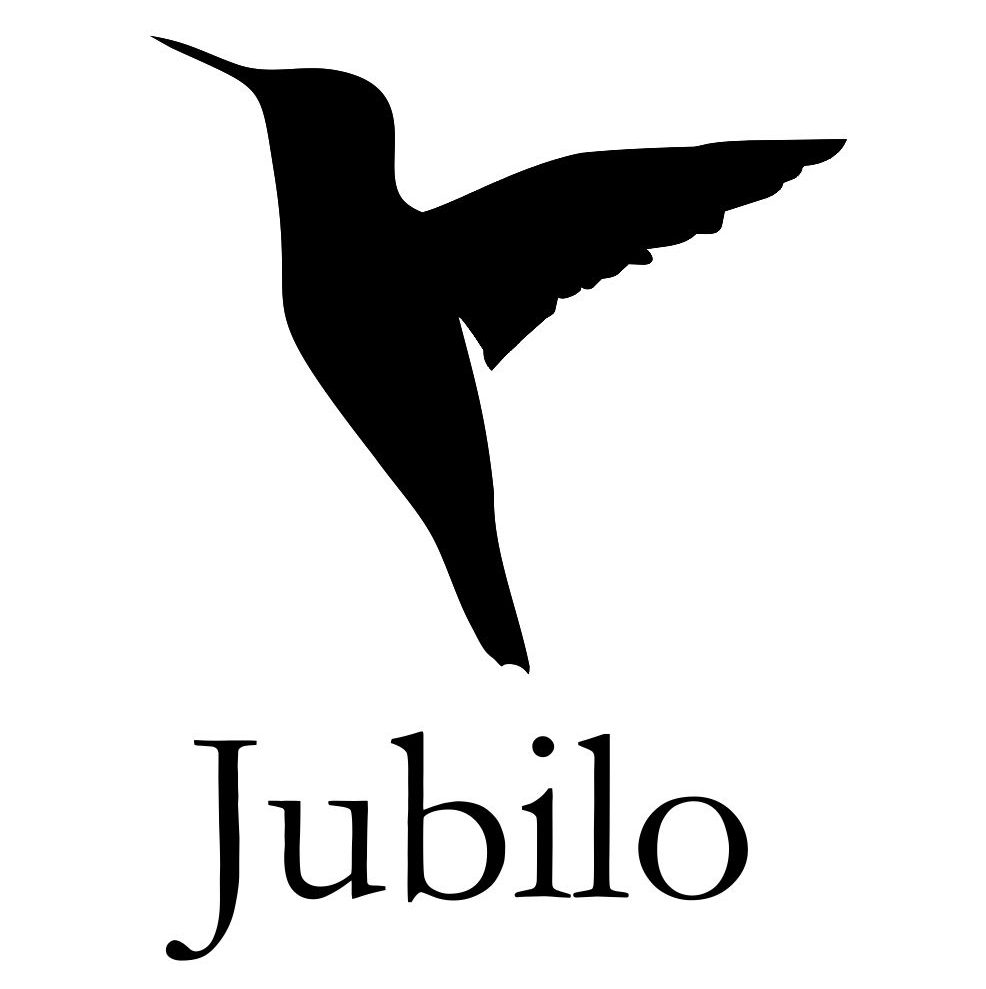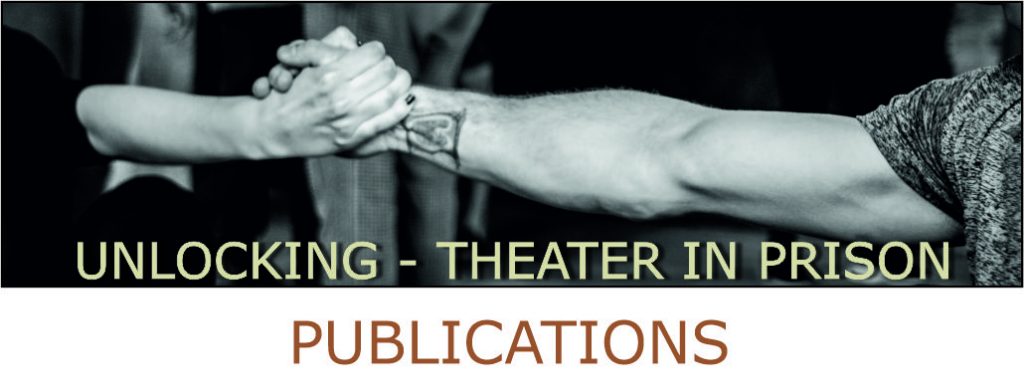Martyna Dębowska
The Mark Of Cain
The show is about to begin.
We take the black curtains off the windows, let the light in.
It is a private moment for everyone.
Meditation, conversation, prayer, massage and warm-up with the Other.
Before me, two muscular men with childlike tenderness.
They sit side by side, one touches the Other, theatre becomes a veil,
the chance to study the body of the Other with no need to speak.
I know exactly what I am looking at.
Their legs stretched behind the bars, as far as the physicality allows.
Their faces in the sunlight, joyful.
It was like an image of two lovers by the river,
just like freedom that lies in the arms of the Other.
Witnesses deprived of modern forms of immortalisation, storytelling.
We only have what is necessary to remember forever.
I seek to capture this in myself, I bear witness to the two
who risk everything.
One day, One of them does not come to practice. He puts himself to a different test,
they save him, because that is the right thing to do.
He asks to pass on the letter to the Outside.
This is who I am then, the role of a messenger
bears a great deal of responsibility.
You have to arrive on time. Make it to the Now.
I hear:
the silent and most sincere expressions of human gratitude.
Some apologies on behalf of those for whom I was mistaken.
Those for whom
I mistook myself.
If I say this to you, will this lost apology
help someone to cope with what I have done?
I do not know,
all I know is that man never comes to an end,
that humans grow in greatness and in the greatest humiliation of themselves.
In each of these ways they continue to grow.
I would not like to. I could not begin any other way than with the most blurry image that
I have preserved. The image, which in itself represents a never-ending process, a meeting, reaching out to – the Other. If theatre can really exist today, then it can no longer remain merely a form of art, but become a true platform for learning. A meeting ground. A space for profound understanding of the Other or a bold attempt to transcend what is ‘socially structured’. This at least marks the ‘theatre in the making’, or, rather, theatre in its process of ‘becoming’ within the massive prison walls. The work of the Jubilo team begins precisely in this space. In the space between ‘I’ and ‘you’, because only ‘between these two sides is it possible to find humanity’ [1]. Or the sense that man:
“is not yet a finished creation but rather a challenge of the spirit; a distant possibility dreaded as much as it is desired; that the way towards it has only been covered for a very short distance and with terrible agonies and ecstasies”. [2]
In the same way, I have preserved that image somewhere ‘in between’. Where the audience, with its active role that we already got used to thanks to alternative theatre, has to redefine what it experiences and participates in. It no longer merely serves as a witness, but plays a hundred times more responsible role, that of a messenger who has to pass on what he or she has gained from this profound process of the men who have worked with Jubilo – ‘to the outside’ or, rather, direct it ‘towards the outside’. I deliberately do not seek to name or to label the process to which I am referring. I am not trying to reduce it to a workshop, paratheatrical or performative activity. This is the role of science. Art should instead focus on the experience of encountering the Different, on the process of opening up and confronting the Other. Not in order to come up with more concepts or definitions, but to try to better understand oneself, to develop oneself better. Still, to stress the essence of this process, I would simply say that it was a profound process of becoming human. Of encountering what is often stigmatised and marked within oneself. A space within yourself in which ‘you discover the inhuman side of your humanity and nothing is the same as before. This change is a mark imprinted on your whole life’. [3] The mission to which I have committed myself entails another necessity of great importance. It is a necessity of a certain transgression, of crossing existing barriers, a boundary that has existed from the very beginning and from which the story of becoming human actually begins. The boundary in question here is a mark. And thus, this story begins with:
“the mark. Here was a man with something in his face that frightened the others. They didn’t dare lay hands on him (…). It is much more likely that he struck people as faintly sinister, perhaps a little more intellect and boldness in his look than people were used to. This man was powerful: you would approach him only with awe. He had a ‘sign.’ You could explain this any way you wished” .[4]
Cain, a performance presented several times within and outside the prison walls, has prompted reflection on the aforementioned sign, stigmatisation of the Other, but also, more broadly, on the human condition. It has introduced a certain kind of reconfiguration, a shift of roles, in which the ‘marked’ becomes the one who marks, and the one who usually passes a sentence turns into the accused. However, that shift did not only involve the actor and spectator, it happened within the actor and members of the audience, affecting them extremely deeply. It also took place in the space between them, and finally somewhere along the way to become, to be ‘human’. This sign does indeed represent a certain point of departure, which marks the beginning of the most important meeting, the encounter with the Other. It is no longer merely about abandoning our prejudices, stereotypes or mental patterns. Overcoming the fear and anxiety that we feel while dealing with something unknown, imprinted in our perceptions, ‘pure’ ideas and artificial forms. It is rather about something that:
“allows you to go deeper, to open up more, however bloody hard it is, that allows you to reach your most sensitive strings and do it in front of others. To become stronger – and, above all, empower others – by exposing your fragility and weakness. To open up to who you are (…). To feel shame burning from within, but to endure it, because this is a personal war – may they see in me what they strive but fail to find in others. Let them see that there is no romanticism of a literary troublemaker, no thrill of emotion found in gangster films, no male adventure for the tough guys, recounted impassively over vodka. Let them see the bottom of human existence, this unstable, shaky body, which, however strong and seasoned, cannot bear to see who it belongs to. I am defeated by the truth about myself”. [5]
The most important function of the messenger is to tell the outside world ‘I am defeated by the truth about myself’. Perhaps the most difficult battle to fight on the way to become human is to express and accept it within yourself. This is also the whole truth about theatre. It is the way to expose and annihilate it. After all, in the process initiated by the Jubilo team, there is no room for a figurative representation or spectacle. There is no space for any form of theatre, even in its ‘poor’ form. The only process retained has been that of reduction, or perhaps rather of deconstruction, where everything has to be challenged, including the presence of not even the actor himself, but the presence of ‘man’. Those who ever stepped into the prison space, who had the courage to turn towards the Other, to look them in the eyes – from that moment on, they have been given the mark of Cain. A mark of one’s own personality. And one should not fear the statement that the theatre that we discuss so often, about which we continue to write thick volumes, the theatre that reinforces the existing order of things instead of changing it, such theatre deserves to be burnt. That such theatre should be isolated from society, banned from public space, marginalised and condemned. Theatre of this kind deserves to be despised, since its conformist approach is no different from explicit consent to violence and exclusion of the Other. In this sense, the process started by Jubilo has virtually nothing in common with theatre. It is more of a conscious intervention in social matter, incitement and crushing the wall, regardless of whether it were to be taken down brick by brick. It is a continuous, infinite process that one can capture only in that fleeting moment of meeting with the Other, in the moment of total disintegration, but also of a new birth – this is also true for the rebirth of theatre in the light of the words: I am defeated by the truth about myself. It is a state in which ‘the shadow of the past does not let through the light of tomorrow, and the present day comes at night with the promise of never-ending repetition’.[6]
The show has just finished.
We take the black curtains off the windows, let the light in.
It is a private moment for everyone.
That was simply like
motion and agitation, which
is now living
inside each of us.
Messengers enriched by the experience
of sorrowful regions.
The most humane of humans,
in the process of continuous growth
setting off
on a tortuous journey
of shattering disintegration.
I hear:
I am defeated by the truth about myself.
This is a state in which the shadow of the past
does not let through the light of tomorrow
and the present day comes at night
with the promise of never-ending
repetition.
If I speak to the Outside, will the acknowledged
become complete?
I do not know,
all I know is that man never comes to an end,
that man becomes
in greatness and in the greatest humiliation of themselves.
In each of these ways they continue to grow.
Translation: Alicja Grabarczyk
Footnotes:
[1]Quote from an anonymous letter written by one of the actors participating in the Unlocking project.
[2] H. Hesse, Steppenwolf, translated by B. Creighton, New York 1955, p. 62.
[3] Quote from an anonymous letter written by one of the actors participating in the Unlocking project.
[4] H. Hesse, Demian, translated by M. Roloff, M. Lebeck, New York 1999, p. 36-37.
[5] Quote from an anonymous letter written by one of the actors participating in the Unlocking project.
[6] Ibid.

